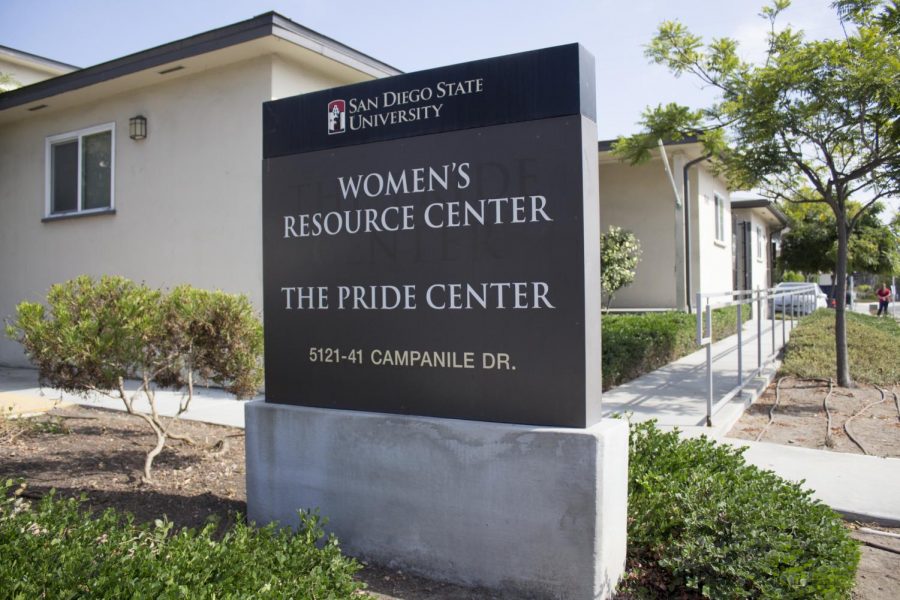Occurrences of nonconsensual sexual contact on college campuses have increased since 2015, according to 2019 a campus climate survey by the Association of American Universities. The survey also found that students are becoming more knowledgeable about sexual assault.
That knowledge also involves awareness of campus and local resources for student survivors.
According to the Rape, Abuse & Incest National Network, 11.2% of all college students experience some form of rape or sexual assault. On San Diego State’s campus, Counseling and Psychological Services saw a 52% rise in “students seeking support for sexual violence-related trauma” at the beginning of the 2018 fall semester.
“The great thing about SDSU is that there are several points of contact for survivors depending on where they’re at in their healing,” Dr. Mary Joyce Juan said in a 2019 interview with former staff writer Stephan Early.
Counseling and Psychological Services hosts a weekly support group called Rise for survivors of sexual assault and relationship violence. The confidential group is facilitated by Dr. Juan and meets every Thursday from 12:30 to 1:45 p.m. at the Women’s Resource Center. It’s open to SDSU students of all genders.
“What we emphasize is wherever your healing is at, that’s normal,” Dr. Juan said. “It happens when being present with yourself, getting back to your routine and engaging in self care.”
In addition, the Women’s Resource Center will host two more workshops this semester centered around sexual and domestic violence prevention and education. Drunk in Love is scheduled for March 7 and Power: Personal Sexual Politics is scheduled for April 13.
“Sometimes it’s not so clear what the next step is going to be,” Dr. Juan said. “For survivors who just want confidential resources, we’ve got the sexual violence victim advocate, and then Counseling and Psychological Services is the other confidential resource.”
The issue of sex-related trauma goes beyond campus.
The Center for Community Solutions operates the only rape crisis center in the city of San Diego. They also have a 24-hour countywide bilingual crisis helpline with centers in Pacific Beach, Escondido and El Cajon. Services are offered at no cost and are available in both English and Spanish.
“Before recent headlines and hashtags helped bring international spotlight on the issues of sexual assault and domestic violence, CCS has been behind the scenes providing survivors with tools and resources to live and thrive,” Vern Griffin-Tabor, chief executive officer of CSS, said in a 2019 press release.
Twenty-one percent of transgender, genderqueer or nonconforming college students have been sexually assaulted as college students, according to the Rape, Abuse & Incest National Network.
The San Diego LGBT Center, known better as The Center, offers individual and group counseling to both survivors and perpetrators of sexual violence. Their program, the Relationship Violence Treatment & Intervention Program, provides voluntary and court-mandated counseling.
For general counseling, The Center also offers services to individuals and couples dealing with trauma, relationship problems, intimacy problems and more.
The National Sexual Assault Hotline can be reached 24/7 at 1-800-656-4673.
Counseling and Psychological Services is located on the fourth floor of the Calpulli Center and is open weekdays from 8 a.m. to 4:30 p.m. Their after-hours crisis line is 888-724-7240.







